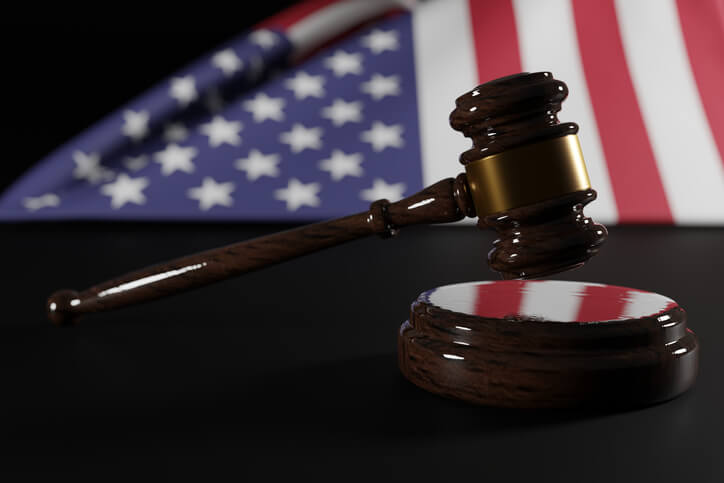
Commercial litigants need a litigation strategy before filing suit. Part of that strategy involves targeting the proper court to hear your claim. Often referred to as “forum selection,” this aspect of litigation requires examination of the pros and cons of state versus federal court, evaluating which court gives you the greatest advantage (or the least disadvantage), and convincing your court of choice to exercise jurisdiction.
State and federal courts have slightly different rules and procedures affecting discovery, the admissibility of evidence and motion practice. Substantive law, including may also vary. Then there are the intangibles. Out-of-state parties often feel they can deny the opposition a “home court advantage” by filing in, or removing a case to, federal court. An experienced commercial litigator can advise you about the relative benefits of each court system.
Establishing federal court jurisdiction
If, after consulting with your attorney, you believe that federal court best suits your litigation strategy, you must establish that the court has jurisdiction. Unlike state courts, which typically exercise jurisdiction over most cases, Title 28 of the United States Code only lets federal courts hear certain types of cases. Generally speaking, federal court exercise subject matter jurisdiction in two types of cases:
- Federal question — If your case involves a controversy under federal law, the federal court can hear it. It doesn’t have to be the leading cause of action, but it must be material to the case. If you plead multiple causes of action, including issues of state law, the federal court can hear your case and decide ancillary issues by applying state law.
- Diversity of citizenship — Federal district courts also have jurisdiction over controversies between citizens of different states, if the amount in controversy exceeds $75,000. For incorporated businesses, the state of incorporation is home, as is the state in which it has its principal place of business. As long as an opposing party is not a citizen of either of those states, complete diversity exists and the federal court can exercise jurisdiction. Under diversity jurisdiction, the case need not raise a federal question; the federal court will apply state law to decide the case.
At Schwartz Law Group, LLC, our commercial litigation attorneys have more than 50 years of combined experience. We know how to formulate litigation strategy, including forum selection. If you need aggressive, highly-skilled commercial litigators to handle your case, call us at 312-436-1442 or contact our Chicago office online.
